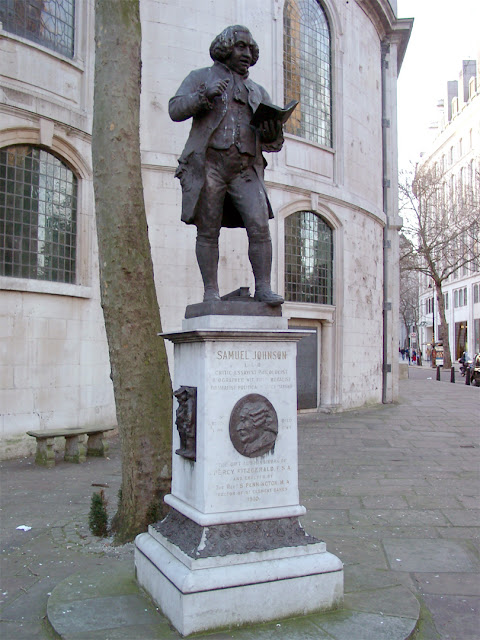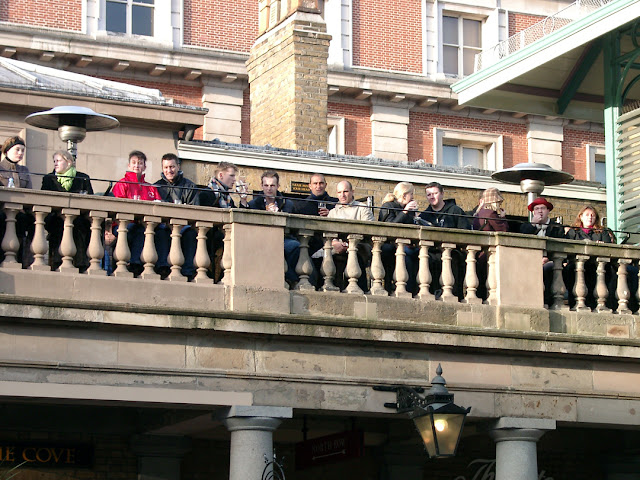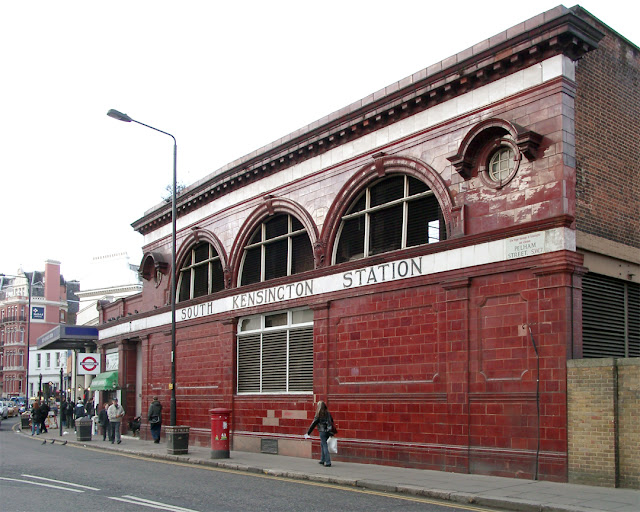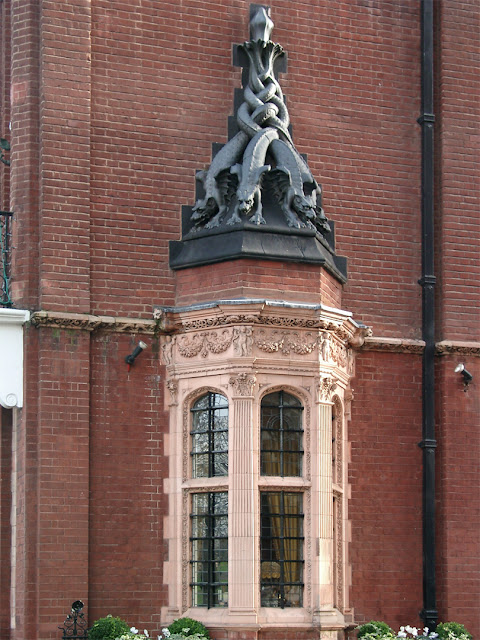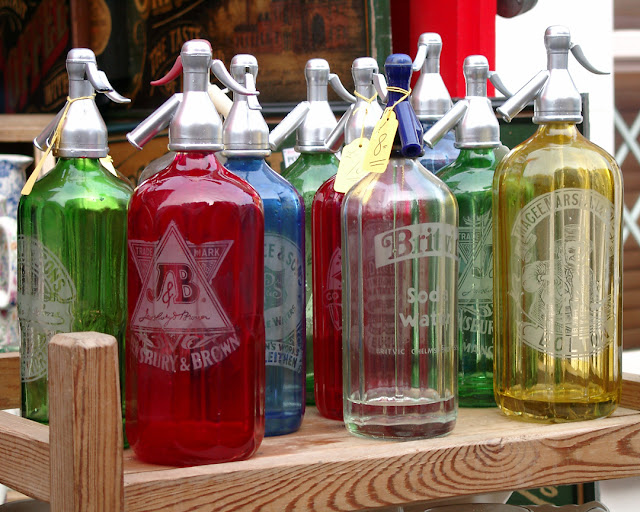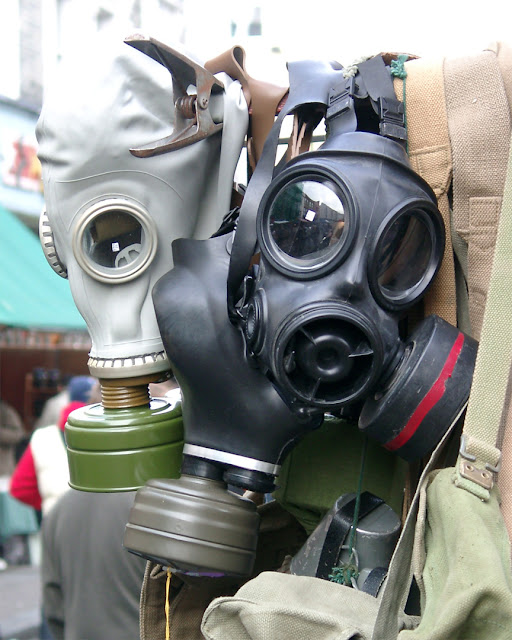Friday, April 30, 2004
Thursday, April 29, 2004
Wednesday, April 28, 2004
Australia House
High Commission of Australia
Australia House
Strand
London, January 2003
“The High Commission of Australia in London is the diplomatic mission of Australia in the United Kingdom. It is located in Australia House, a Grade II listed building. It was Australia's first diplomatic mission and is the longest continuously occupied diplomatic mission in the United Kingdom. A major landmark on Strand, London, construction on the building by the Dove Brothers commenced in 1913, but shipping problems caused by World War I delayed completion. It was officially opened by King George V in a ceremony on 3 August 1918 attended by the Australian Prime Minister William Morris Hughes. The cost of the triangular shaped land was £379,756 when purchased by the Commonwealth of Australia in 1912 and building and other associated costs brought total expenditure to about £1 million. The building was designed by British architects, Alexander Marshall Mackenzie and his son, Alexander George Robertson Mackenzie following an architectural competition, the judges of which included Bertram Mackennal, John Longstaff, George Washington Lambert, Fred Leist and Arthur Streeton. The Commonwealth of Australia's chief architect, John Smith Murdoch, travelled to London to work with the Mackenzie firm on the building.” (High Commission of Australia, Wikipedia)
Tuesday, April 27, 2004
Aldwych tube station
Aldwych tube station
Strand
London, January 2003
“Aldwych is a closed station on the London Underground, located in the City of Westminster in Central London. It was opened in 1907 with the name Strand, after the street on which it is located, and was the terminus of the short Piccadilly line branch from Holborn that was a relic of the merger of two railway schemes. The station building is close to the Strand's junction with Surrey Street, near Aldwych. During its lifetime, the branch was the subject of a number of unrealised extension proposals that would have seen the tunnels through the station extended southwards, usually to Waterloo.” (Aldwych tube station, Wikipedia)
Monday, April 26, 2004
Sunday, April 25, 2004
Saturday, April 24, 2004
Friday, April 23, 2004
Thursday, April 22, 2004
Wednesday, April 21, 2004
LDS Chapel
Chapel of the Church of Jesus Christ of Latter-Day Saints by T. P. Bennett & Son, 1961
Princes Gate Exhibition Road, South Kensington
London, January 2003
Tuesday, April 20, 2004
Monday, April 19, 2004
Statue of Albert
The Memorial statue of Albert by John Henry Foley and Thomas Brock, 1876
Albert Memorial
Kensington Gardens
London, January 2003
Sunday, April 18, 2004
Saturday, April 17, 2004
Friday, April 16, 2004
Thursday, April 15, 2004
Wednesday, April 14, 2004
Tuesday, April 13, 2004
Monday, April 12, 2004
West Wing windows
West Wing windows
Holland House
Holland Park, Kensington
London, January 2003
“Holland House, originally known as Cope Castle, was an early Jacobean country house in Kensington, London, situated in a country estate that is now Holland Park. It was built in 1605 by the diplomat Sir Walter Cope. The building later passed by marriage to Henry Rich, 1st Baron Kensington, 1st Earl of Holland, and by descent through the Rich family, then became the property of the Fox family, during which time it became a noted gathering-place for Whigs in the 19th century. The house was largely destroyed by German firebombing during the Blitz in 1940 and today only the east wing and some ruins of the ground floor and south facade remain, along with various outbuildings and formal gardens. In 1949 the ruin was designated a grade I listed building and it is now owned by the Royal Borough of Kensington and Chelsea.” (Holland House, Wikipedia)
Sunday, April 11, 2004
Saturday, April 10, 2004
Holland House
Holland House
Holland Park, Kensington
London, January 2003
“Holland House, originally known as Cope Castle, was an early Jacobean country house in Kensington, London, situated in a country estate that is now Holland Park. It was built in 1605 by the diplomat Sir Walter Cope. The building later passed by marriage to Henry Rich, 1st Baron Kensington, 1st Earl of Holland, and by descent through the Rich family, then became the property of the Fox family, during which time it became a noted gathering-place for Whigs in the 19th century. The house was largely destroyed by German firebombing during the Blitz in 1940 and today only the east wing and some ruins of the ground floor and south facade remain, along with various outbuildings and formal gardens. In 1949 the ruin was designated a grade I listed building and it is now owned by the Royal Borough of Kensington and Chelsea.” (Holland House, Wikipedia)
Friday, April 9, 2004
Thursday, April 8, 2004
Wembley 1950
England vs Italy - Wembley 1950
Portobello Road Market
Portobello Road, Notting Hill
London, January 2003
Wednesday, April 7, 2004
Tuesday, April 6, 2004
Monday, April 5, 2004
Sunday, April 4, 2004
Saturday, April 3, 2004
Friday, April 2, 2004
Thursday, April 1, 2004
Subscribe to:
Comments (Atom)

